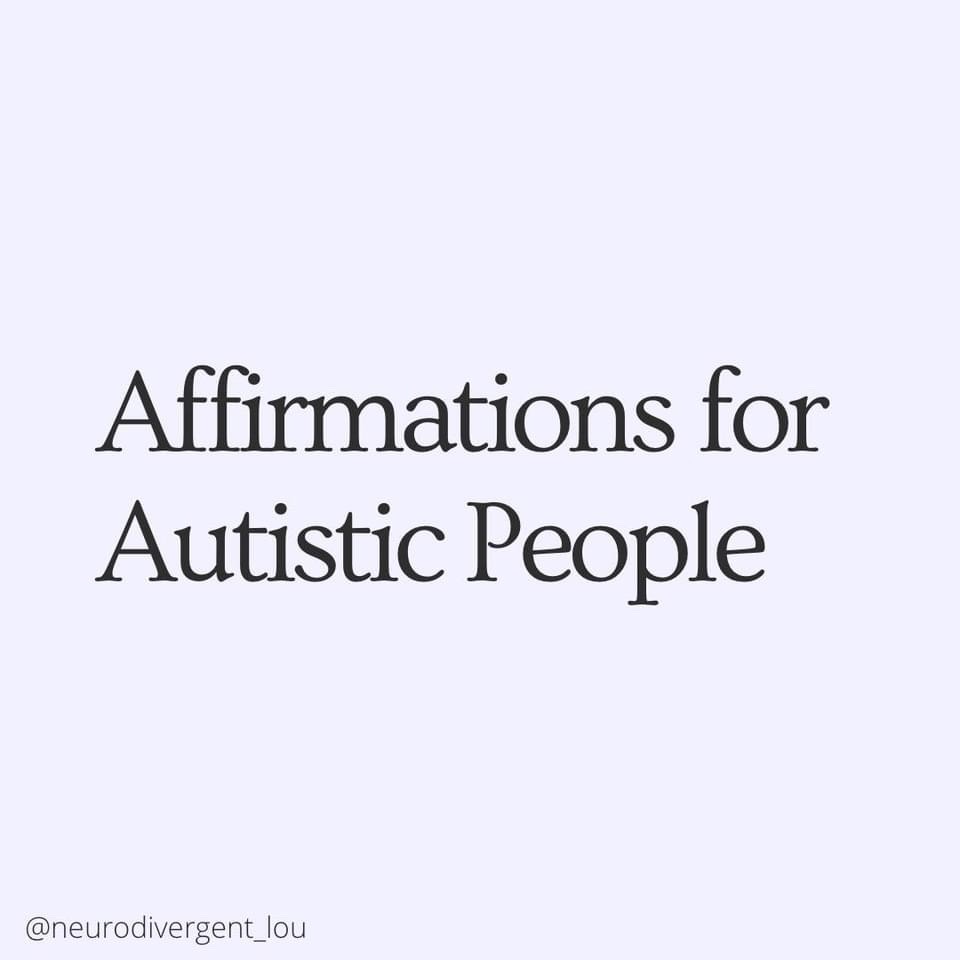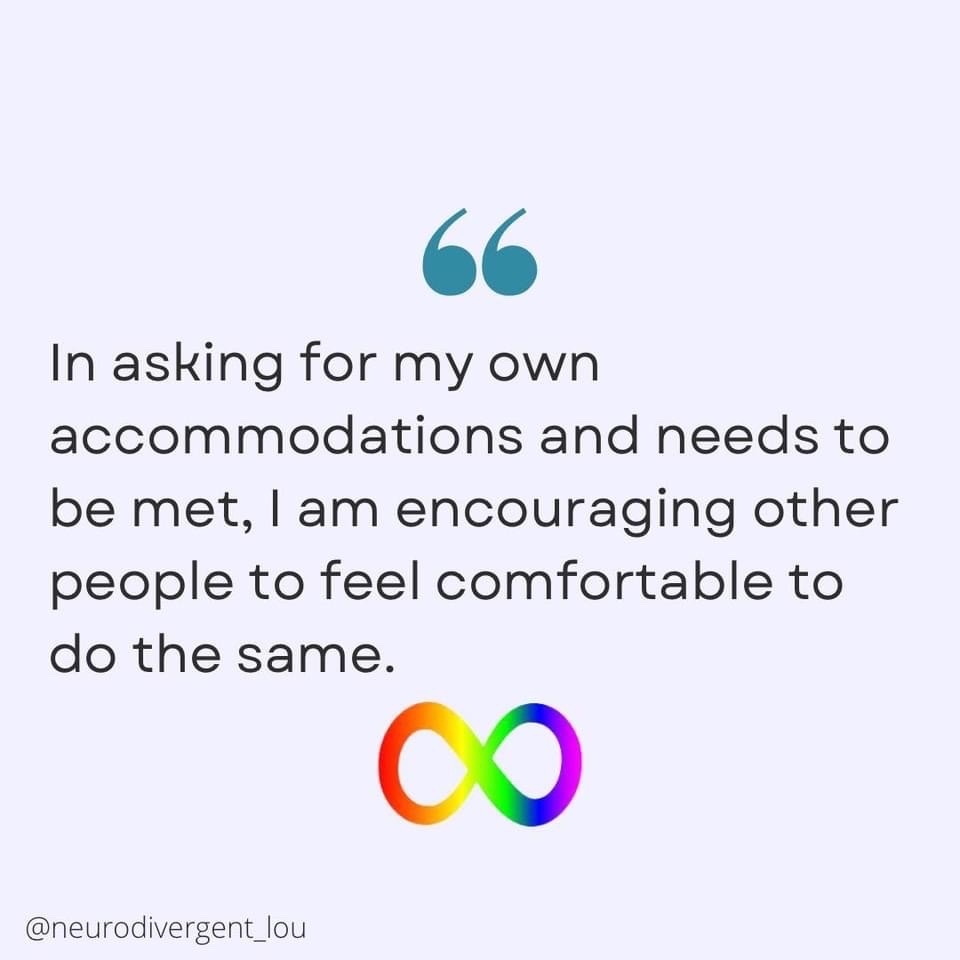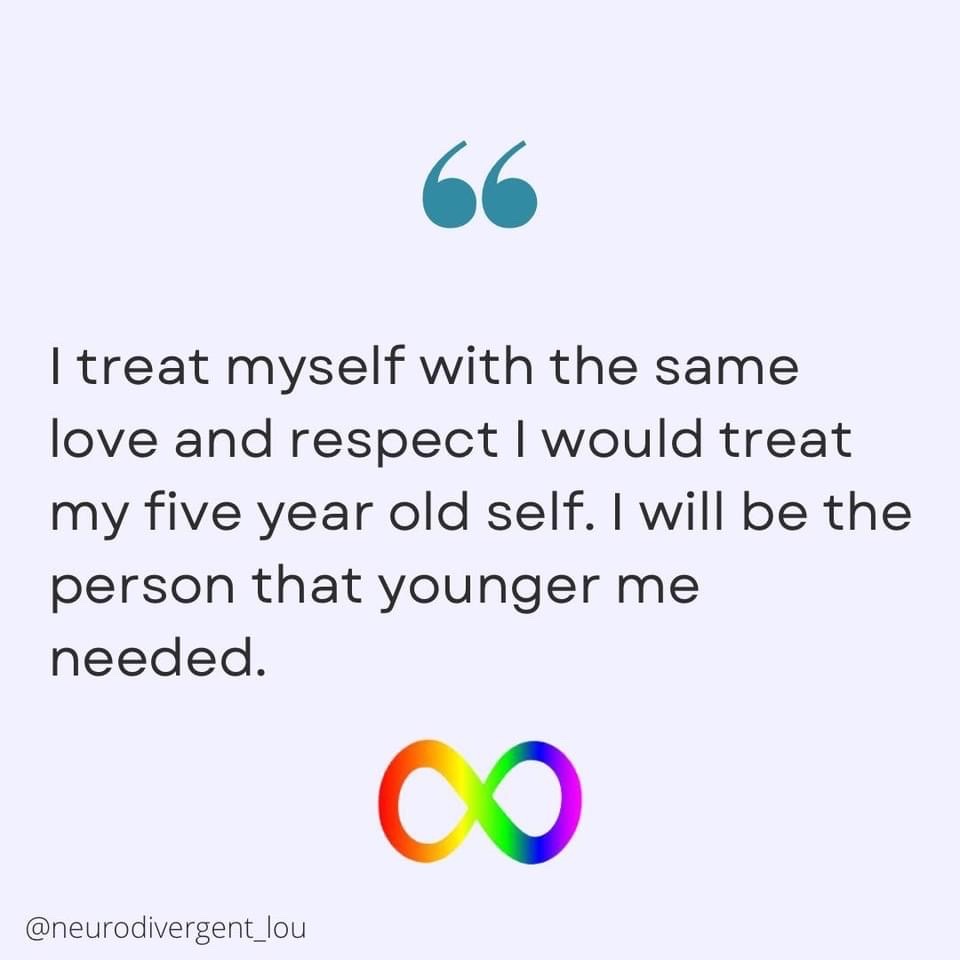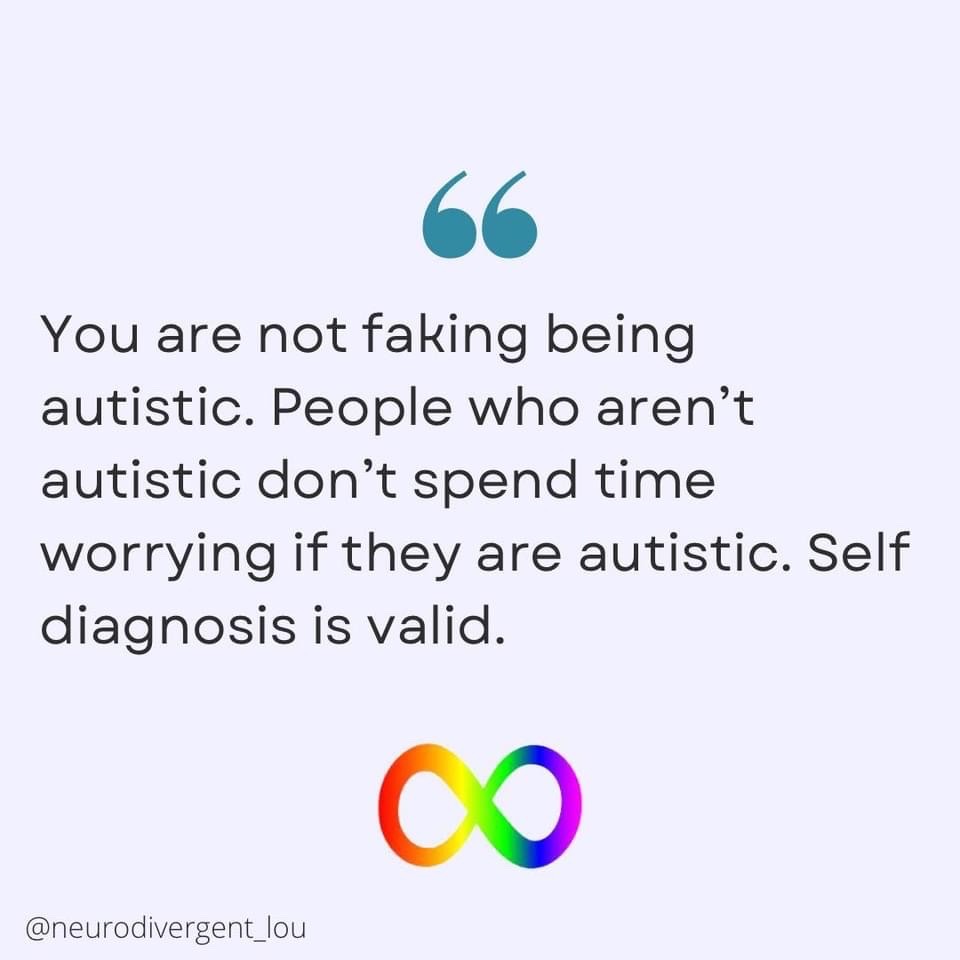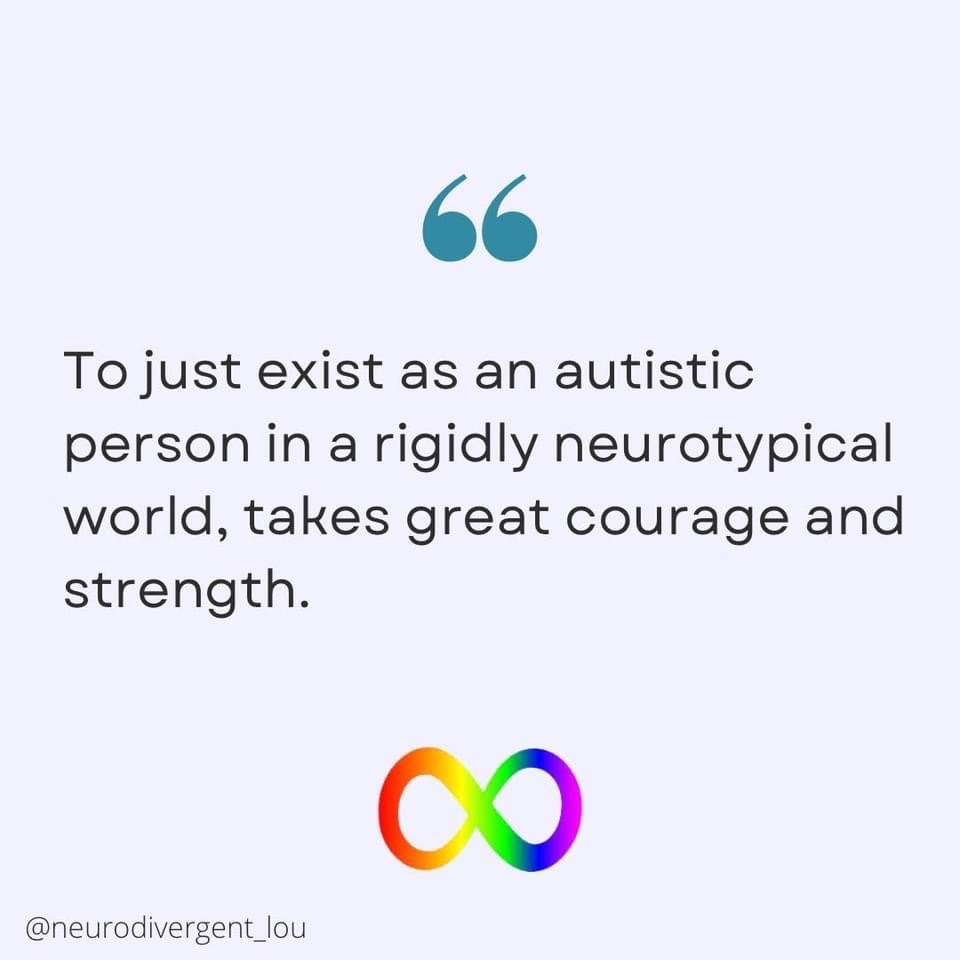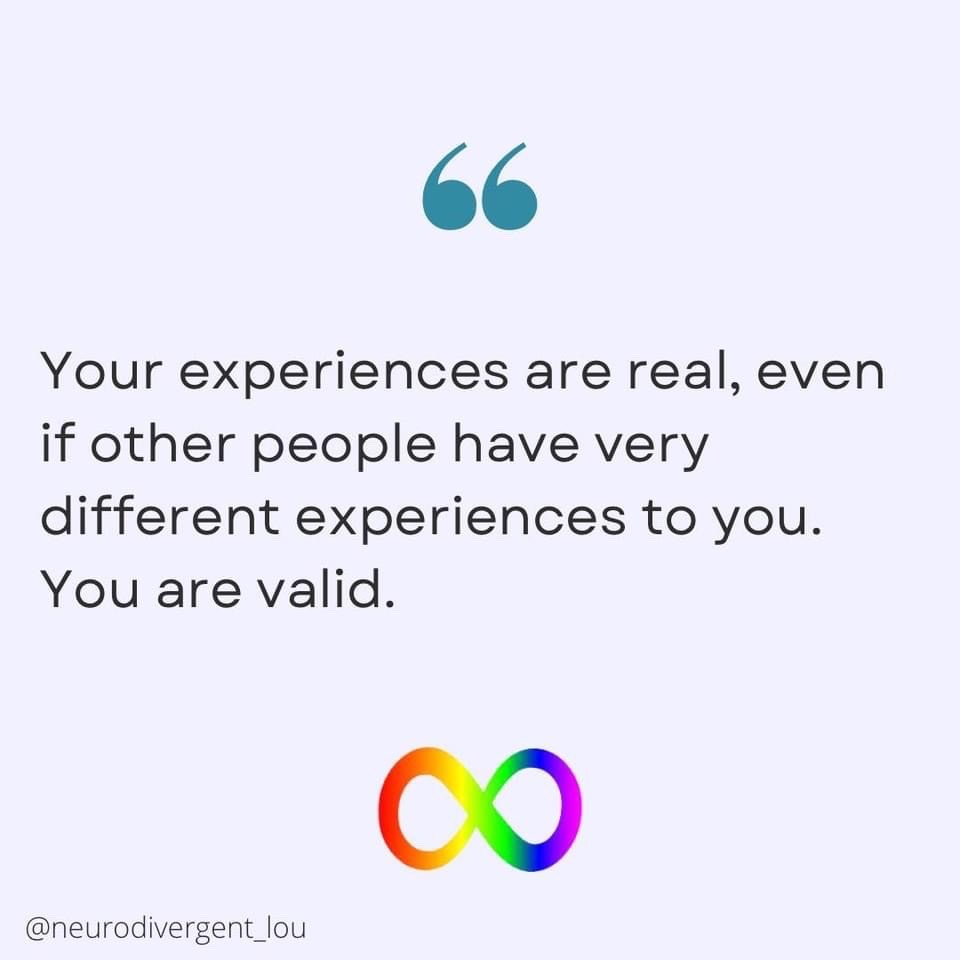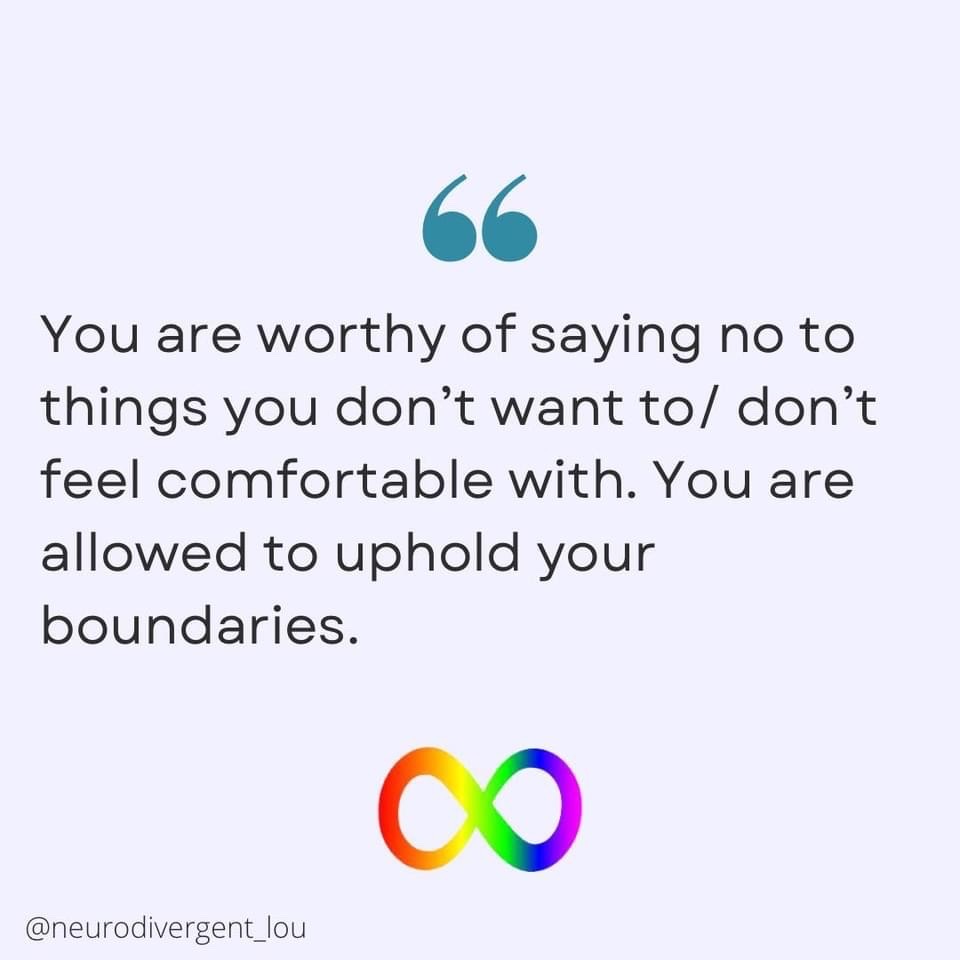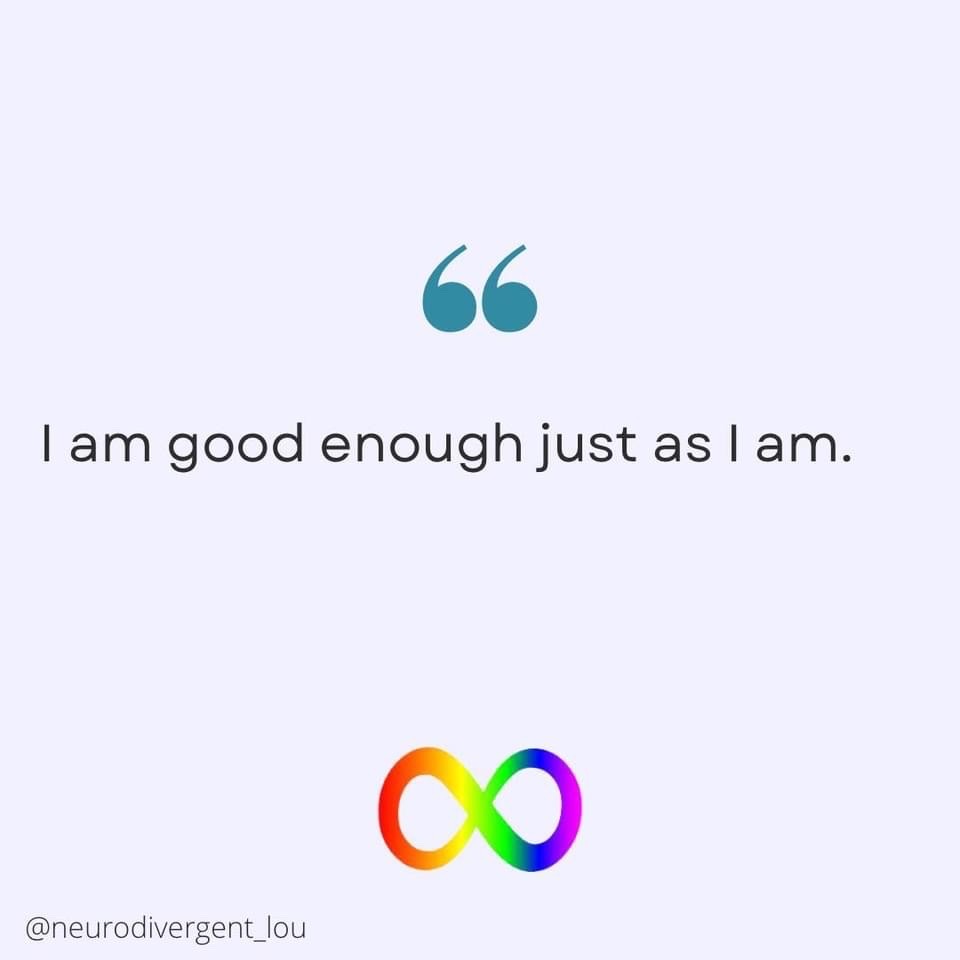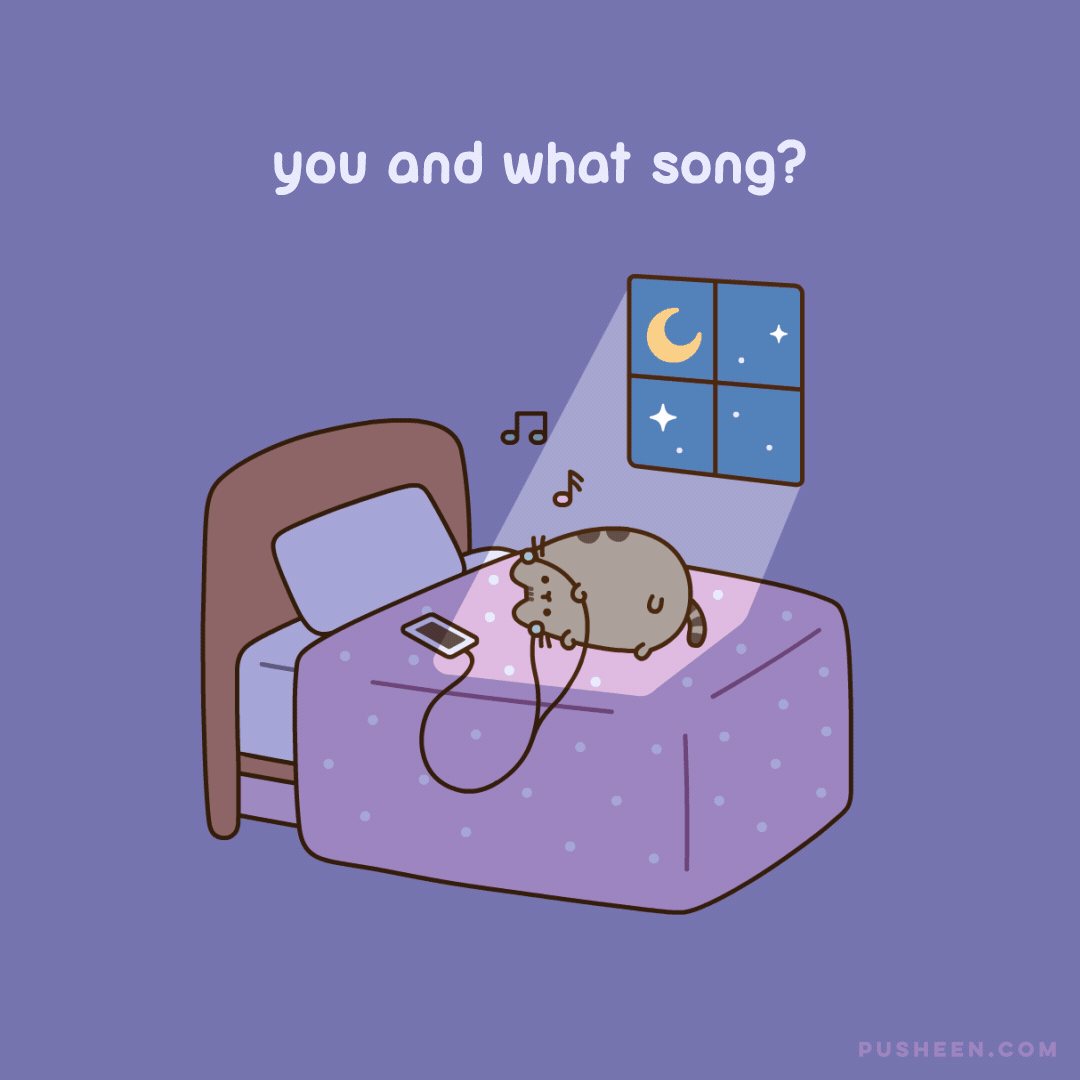Content Warning: contains scenes of graphic kindness; wokery; tolerance; profanity.
A few days ago, I posted a little Twitter poll, asking readers (and authors) what they thought of trigger warnings. I followed this up with a short thread, outlining my own thoughts on this, and how they have changed over the years.
The Daily Mail immediately seized the idea, and without contacting me, or asking for further clarification, published an article quoting my words, under a headline that was both inflammatory and untrue: Trigger warnings should be put on EVERY book to make readers feel 'safe', Chocolat author Joanne Harris says.
Predictably, this caused a frenzy of reaction from Daily Mail readers and Twitter trolls, including accusations of censorship and “pandering to moronic snowflakes”. Several people (who I suspect, have never even picked up one of my books) swore never to read them. One charmer wrote: “Fucking pathetic. What a dick the author must be.”
I don’t blame the writer of the article; most clickbait headlines are added by someone else - in this case, by someone who couldn’t even be bothered to read the article, let alone my original thread. It has since been quietly changed, presumably in response to my comments, although once again, without any communication with me. But as a result of these comments (and some more polite ones from people asking about the poll), I think it’s time I made it clear, both where I stand on trigger warnings, and why the public perception of them, fuelled by culture wars debates, is both skewed and inaccurate.
First, the result of my poll: about 35% of the people who answered were in favour of some kind of content warning. About 30% were against, and the rest were undecided, curious about the result. To me this suggests that most people are generally positive or undecided on the subject. From the comments, it seemed to me that many of the people who were against trigger warnings were afraid they might lead to censorship, or spoilers, or editing of the classics, or stopping people from reading the classics, or authors losing the right to free speech.
But here's the thing. Trigger warnings are nothing to do with those things. Here’s why people have been misled, and why it matters to put things straight.
First, this expression; “triggered.” Like “woke” and “snowflake” it has been weaponized to mean something like “upsetting the libs.” Reader, that's not what it means. The concept of triggering only applies to someone with PTSD or some kind of serious psychological trauma. That makes it irrelevant to politics. Anyone can have trauma. Anyone is potentially vulnerable to mental illness. And that’s why trigger warnings exist; to warn people who might suffer a relapse, or some other kind of serious harm, if exposed without warning to certain images, scenes or narrative strands. Some of the obvious ones might be sexual violence; graphic images; mental illness; eating disorders; suicide. I’m sure there are lots more. But we’ve had content warnings (if you prefer) on films for decades without any resistance, and TV shows routinely flag up scenes with flashing images, etc. that might trigger (that word again) an epileptic seizure in anyone susceptible.
And yes, it makes sense. I mean, why would you want someone to have a seizure if you could just warn them against it? Who but a sadist would argue that people with epilepsy should be forced to have seizures, or that having regular seizures will make them more resilient somehow, or that people afraid to have seizures should just stop watching films and TV altogether, or that warnings against flashing lights would somehow spoil other people’s enjoyment of the show? And yet those are all things that people have said to me recently about content warnings.
To me content warnings in books are like content warnings on packaged food. Most people don’t read them, unless they have a special interest or need to know. Why do they need to know? There might be any number of reasons. Maybe they’re vegan, and want to avoid eating animal products. Maybe they have a religious dietary restriction. Maybe they have a mild allergy to peanuts or to shellfish. Or maybe it’s a more a serious allergy that could even result in their death. Either way, details are useful. Content warnings in books are the same, except that instead of triggering a physical attack, certain things trigger a mental one.
I'm not talking here about things that might simply cause offence. I sometimes use profanity in my books; I sometimes write about topics that people may find challenging. That's not going to change. I won't add content warnings for swearing, or nudity, or paganism, or LGBT issues. None of those things cause trauma, though I'm willing to believe they may in some cases cause offence.
But mental trauma is just as real as any physical injury. It’s not just “in your head”. It requires adjustments in the same way that any other condition may require adjustments - whether that's a wheelchair ramp, or subtitles on TV, or studs on the pavement to help the blind.
And yet, the culture wars narrative – led by a right-wing media - is leaning increasingly towards a “survival of the fittest” mentality; repeatedly encouraging able-bodied people to question disability, white people to question racism, rich people to question poverty, and urging those who have never experienced mental trauma to dismiss the needs of those who struggle with it daily. Empathy and kindness are presented as political gestures, earning “woke points” (whatever they are), rather than the elements of basic human decency. And of course, people who talk about “decency” in the context of nudity, LGBT issues and profanity often see no problem in labelling themselves “anti-woke”, or sneering at the “Be Kind brigade”, or making dismissive judgments about the lives of people they will never know. Somewhere along the line, somehow, basic human kindness has been reframed as a tool of the left, and those who hold right-wing opinions are encouraged to reject it.
Well, fuck that. People are better than this. Some people need content warnings, and it’s not up to you or me to decide whether their need is valid or not. That’s why, from now on, I’ll be adding including content warnings to my books, and to my author website. Ignore them or not, as you choose.
But to those who are offended by the concept of inclusion, here’s a trigger warning just for you: Contains tolerance; scenes of moderate kindness; depictions of graphic wokery. Read my books at your peril. Or don’t. Isn’t freedom marvellous?
“Some people need content warnings, and it’s not up to you or me to decide whether their need is valid or not. That’s why, from now on, I’ll be adding including content warnings to my books, and to my author website. Ignore them or not, as you choose.” 🤘

